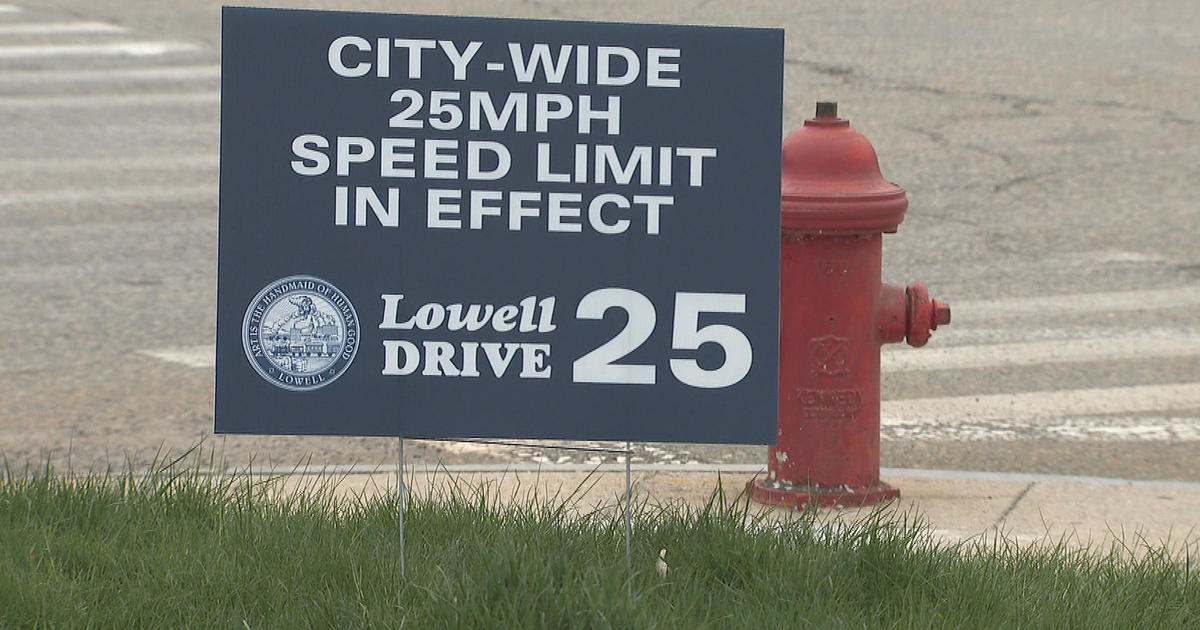Boston Hospital Using 'Pacemaker' To Fight Obesity
BOSTON (CBS) - If you think about weight loss surgery, there are three main options: Gastric Bypass, the Lap Band, and the Gastric Sleeve. But there haven't been any other weight loss procedures approved by the FDA for over ten years, that is, until now. Back in January the government agency approved a new device that's less complicated, safe, and effective.
"Most all of my life I have been overweight." Mike Magnant from Carver loves to spend time on the tugboat he built, but the extra pounds he carried around took a toll. "High blood pressure, high cholesterol, pains in my legs and pains in my knees," Mike explains. "I couldn't do the things I wanted to do."
He tried a slew of diets but every time, he regained the weight and then some.
At a max of 291 pounds, he knew he had to do something drastic. So Mike enrolled in a clinical trial at Tufts Medical Center studying a new minimally invasive weight loss system called vBloc Therapy by EnteroMedics.
Like a pacemaker, the device is inserted under the skin and electrodes are fed into the abdomen and secured around the vagus nerve which controls hunger. Dr. Sajani Shah, a surgeon at Tufts Medical Center who specializes in weight loss surgery, explains, "It blocks the nerve to the brain and basically tells patients that they're less hungry and they get satiated for longer periods of time."
About three years ago, Mike underwent the procedure with Dr. Shah. He went home the same day, back to work three days later, and has lost more than 70 pounds. He says he still enjoys a good meal, but just doesn't eat as much. He doesn't feel hungry.
Studies showed patients lost about 30% of their excess weight. "If diet and exercise aren't working because unfortunately the yo-yo dieting is sometimes hard," says Dr. Shah, "But they don't want the other things we have to offer, like the bypass or the sleeve because it's really complicated, then this is a great, safe alternative for patients to treat their obesity."
And even though the system is reversible, Mike says it's his to keep. "I've told them. I'm never giving it back. I don't want anybody to take it back," he smiles.
Mike says not only has he maintained his weight loss but he has saved a lot of money. He takes fewer medications for blood pressure and cholesterol, has fewer doctors' appointments, eats less food, and spends less on clothing because now he doesn't have to buy at the big and tall stores.
Just last week, Tufts Medical Center became the first hospital in the country to perform the surgery on a patient outside of a clinical trial.
For more information, visit the Tufts Medical Center website.



